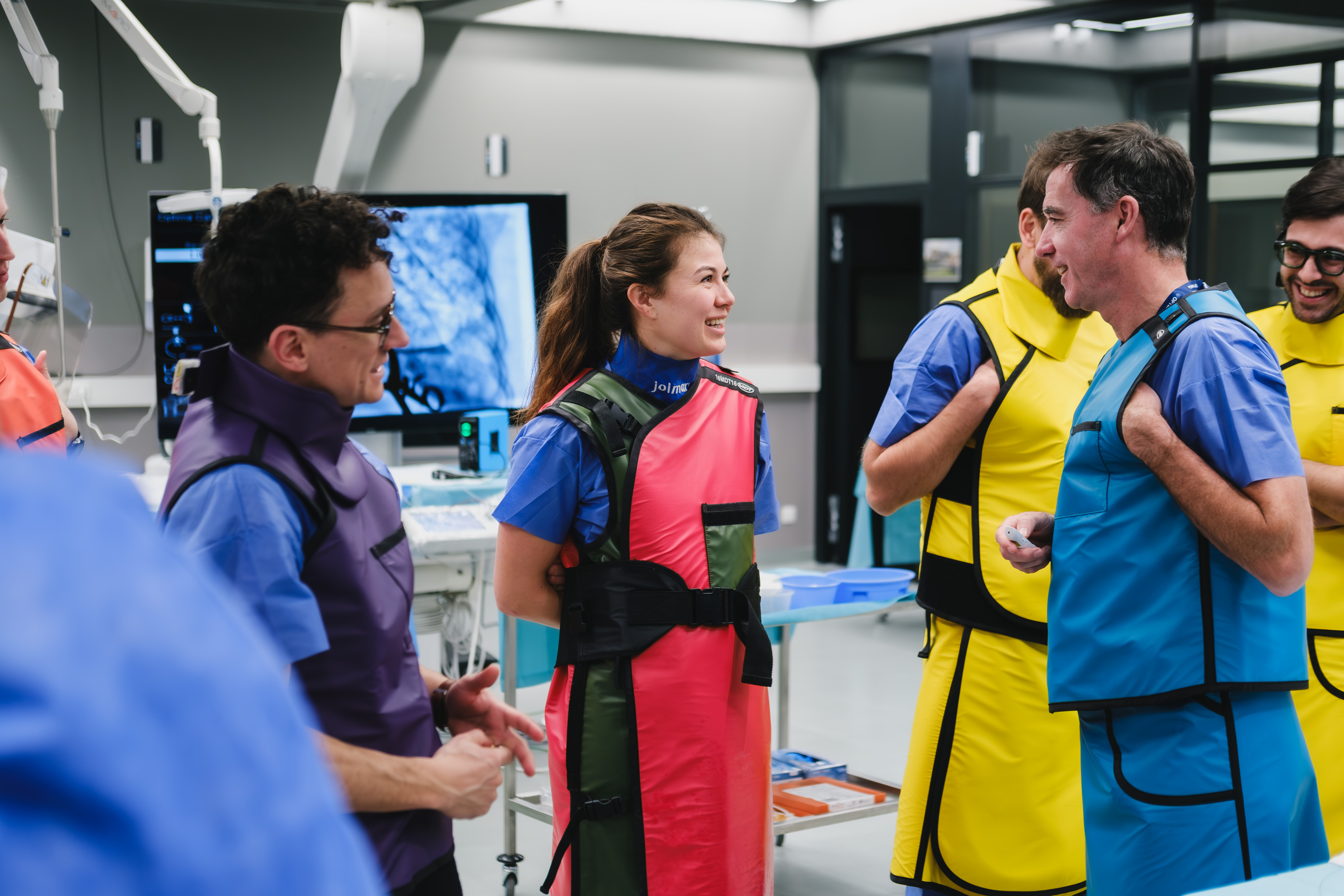The Problem: Thinking in the Wrong Place
The cath lab is designed for action, not reflection. Yet we often find ourselves making critical decisions in the middle of chaos — trying to get a sheath in, juggling team dynamics, managing patient distress. In those moments, we rely on instinct, experience, and whatever cognitive bandwidth we have left.
But here’s the catch: deciding and doing use the same working memory space. And that space is limited. Research shows we can hold only about seven items in working memory at once. When those slots are filled with distractions, stressors, and technical demands, there’s little room left for strategic thinking.
Expertise Lives in Stories
True expertise isn’t about thinking harder — it’s about accessing the right stories from long-term memory. Experienced interventionalists don’t just react; they recognise patterns, recall similar cases, and apply learned narratives. But to do that, they need cognitive space. And that means making key decisions before stepping into the cath lab.
This is where Proactive PCI comes in. It’s about anticipating complexity, preparing mentally, and creating a framework for action that’s grounded in neuroscience. It’s not just smarter — it’s safer, more efficient, and more rewarding.
Challenge Yourself: would you change your approach?
Ask yourself: would you make the same decision if this were the last case of the day? If you had more time, fewer distractions, or a clearer head? Most of the variability in outcomes isn’t about anatomy or equipment — it’s about us. And we owe it to ourselves and our patients to understand how our minds work under pressure.
Optima’s courses are built around a simple but powerful framework:
How do we approach complexity?
Why do we make the decisions we do?
Try: challenge yourself to change


